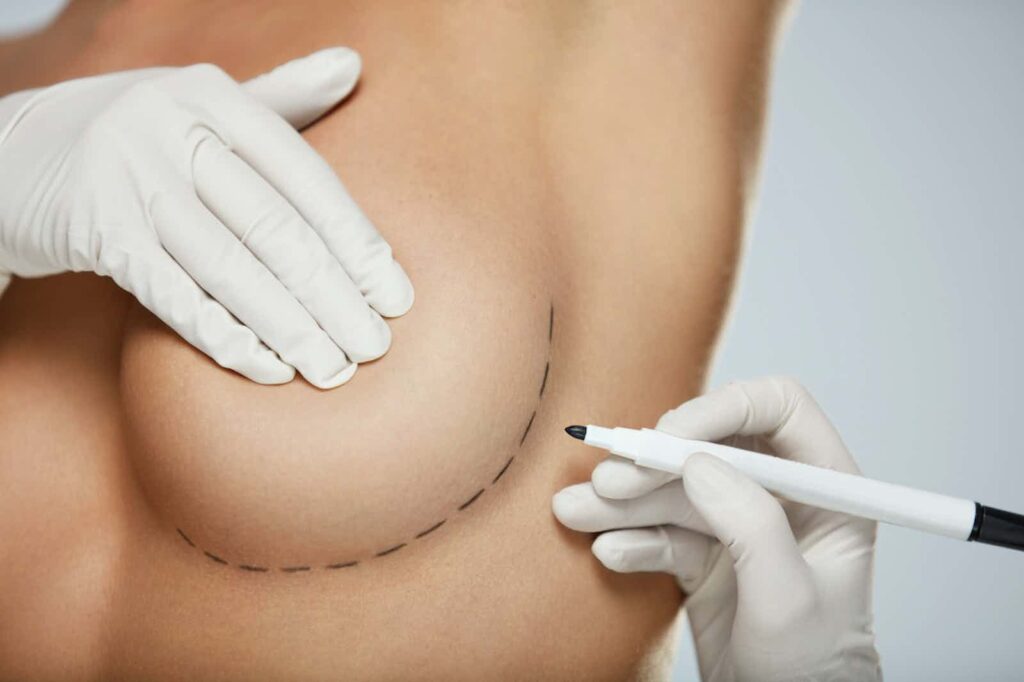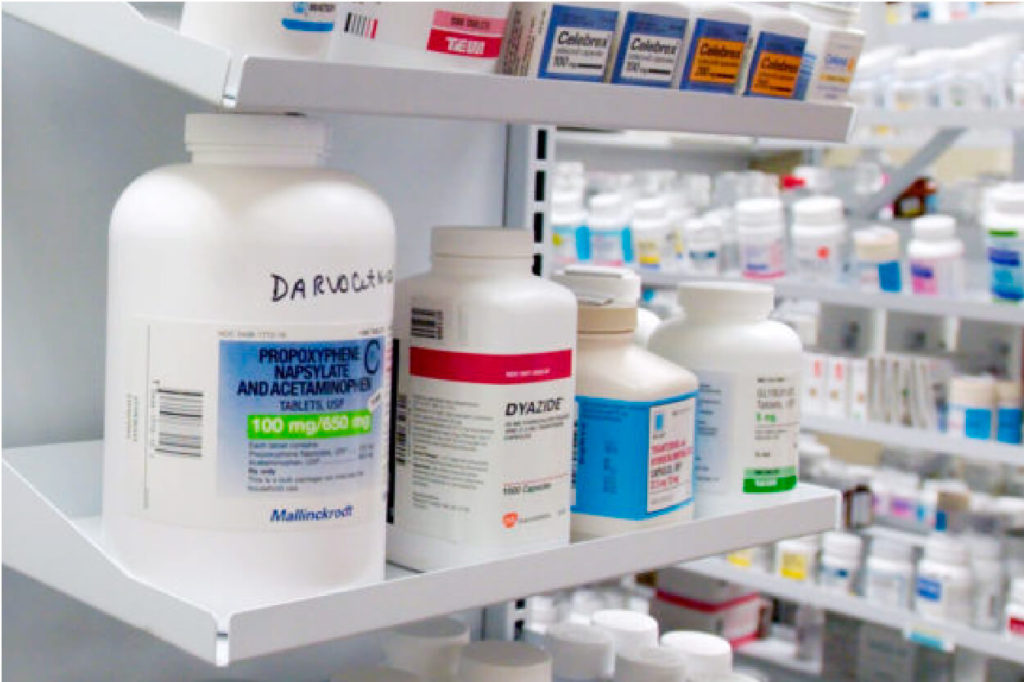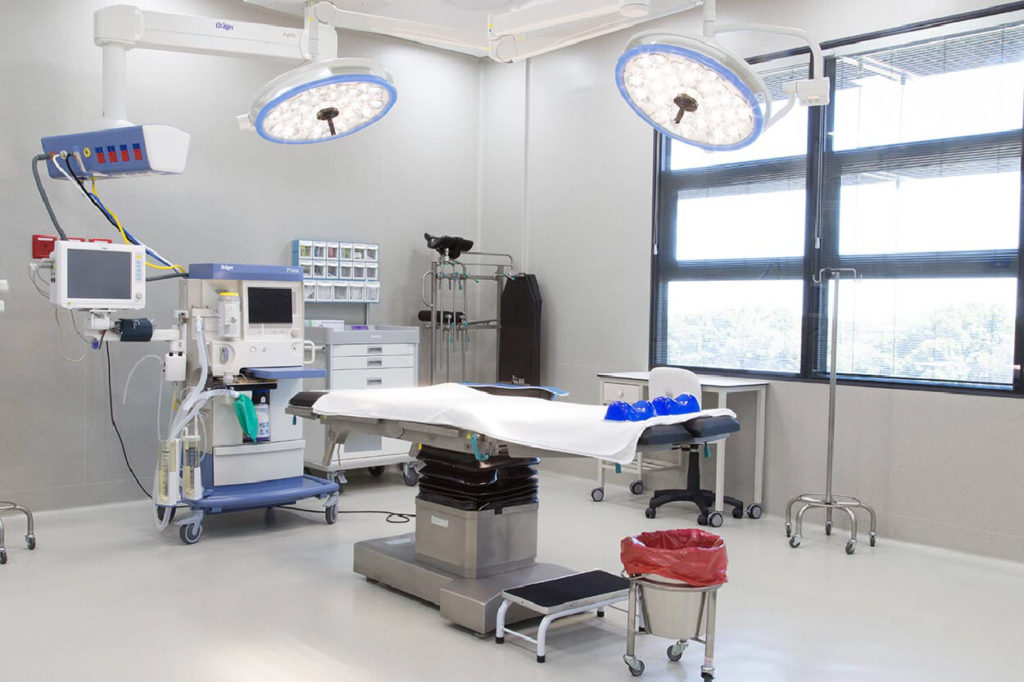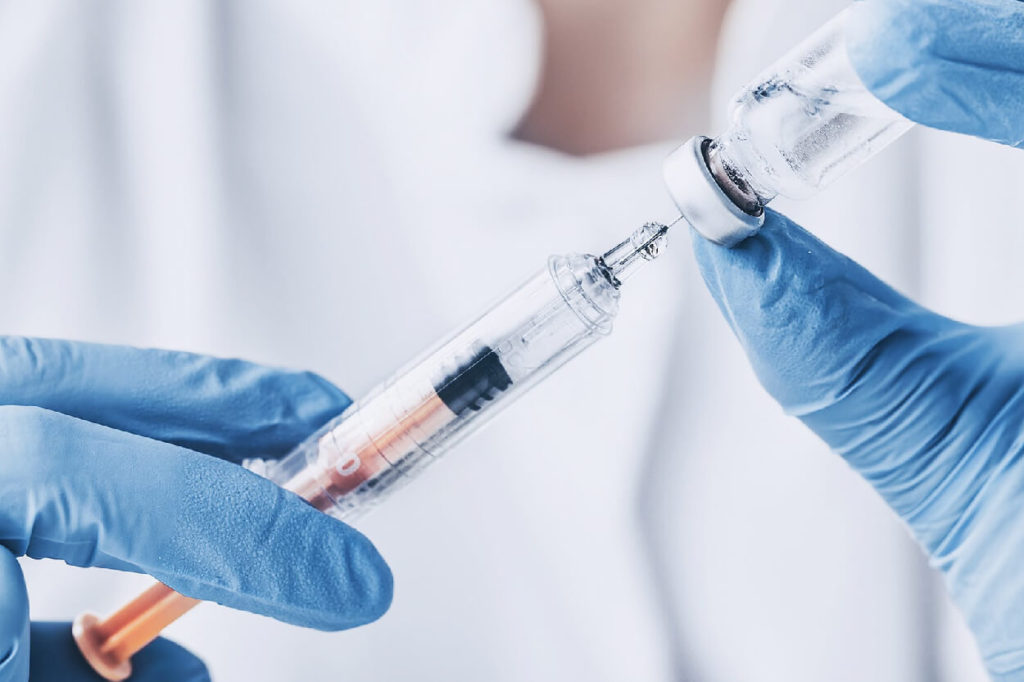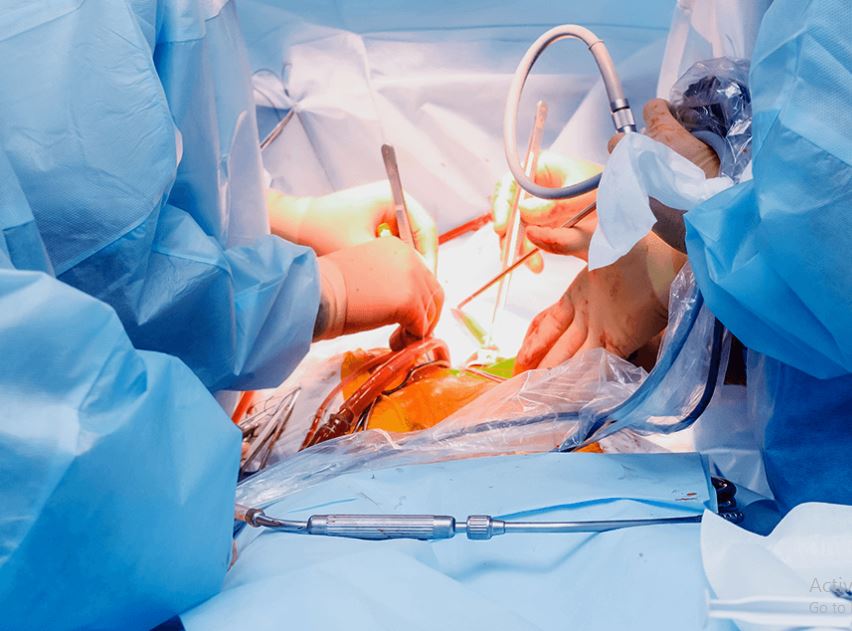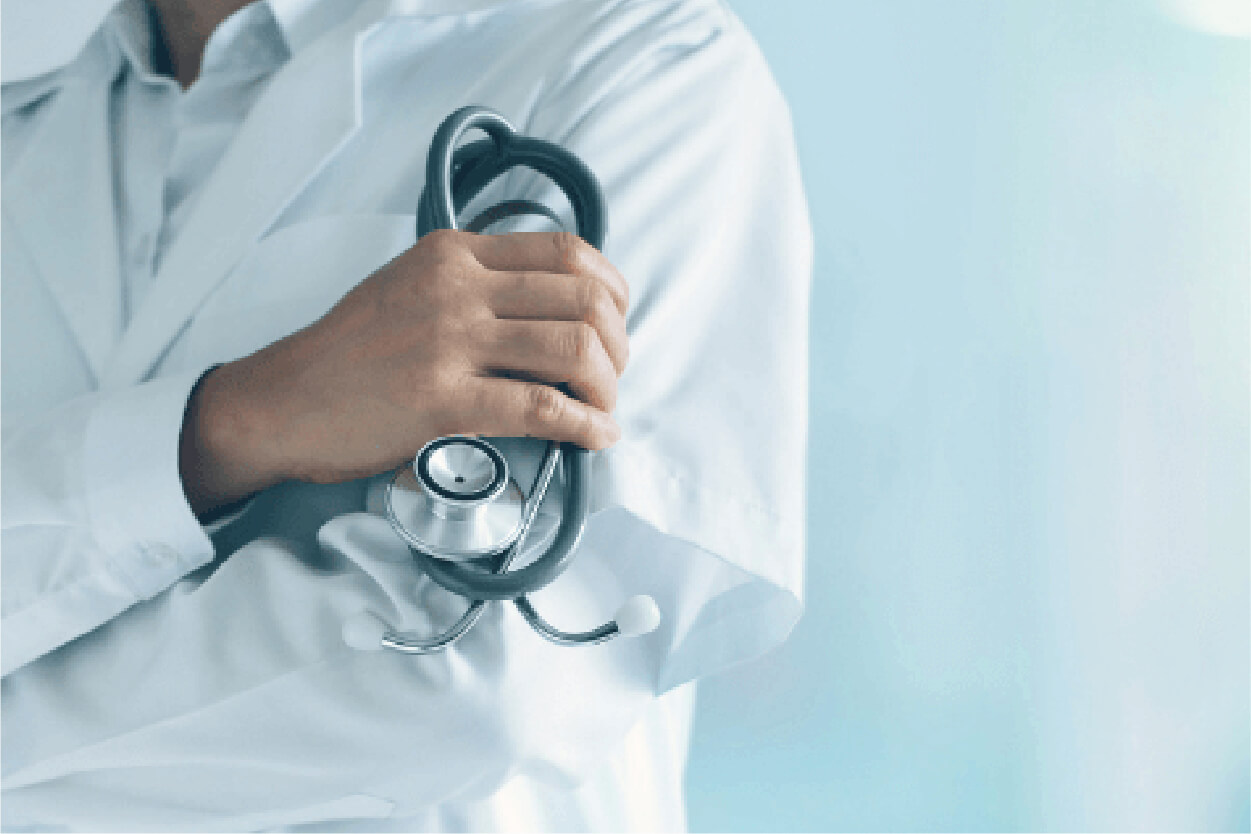- Our Services
- Health Packages
- Make Payments
Our Services
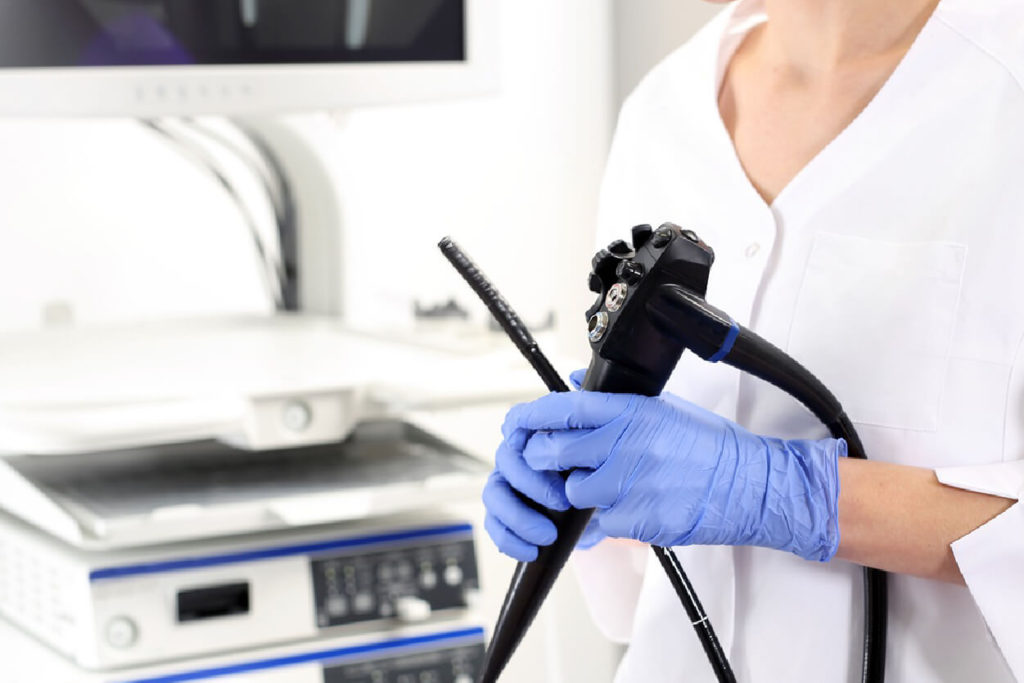
Upper GI Endoscopy & Colonoscopy

Cardiology

Psychiatry

Psychology
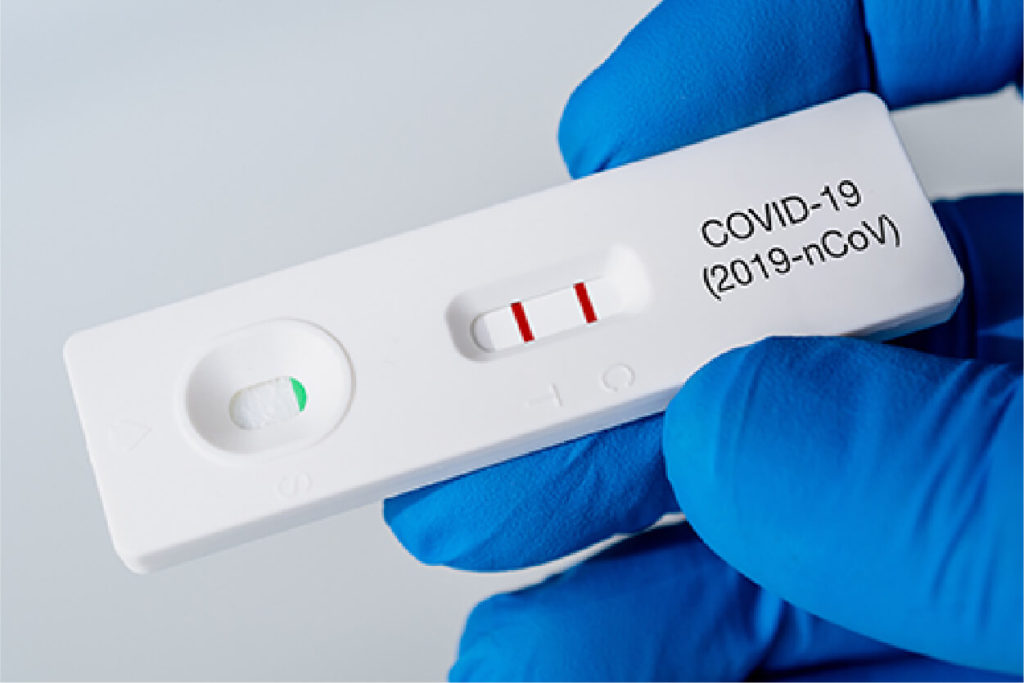
Covid PCR for Travel
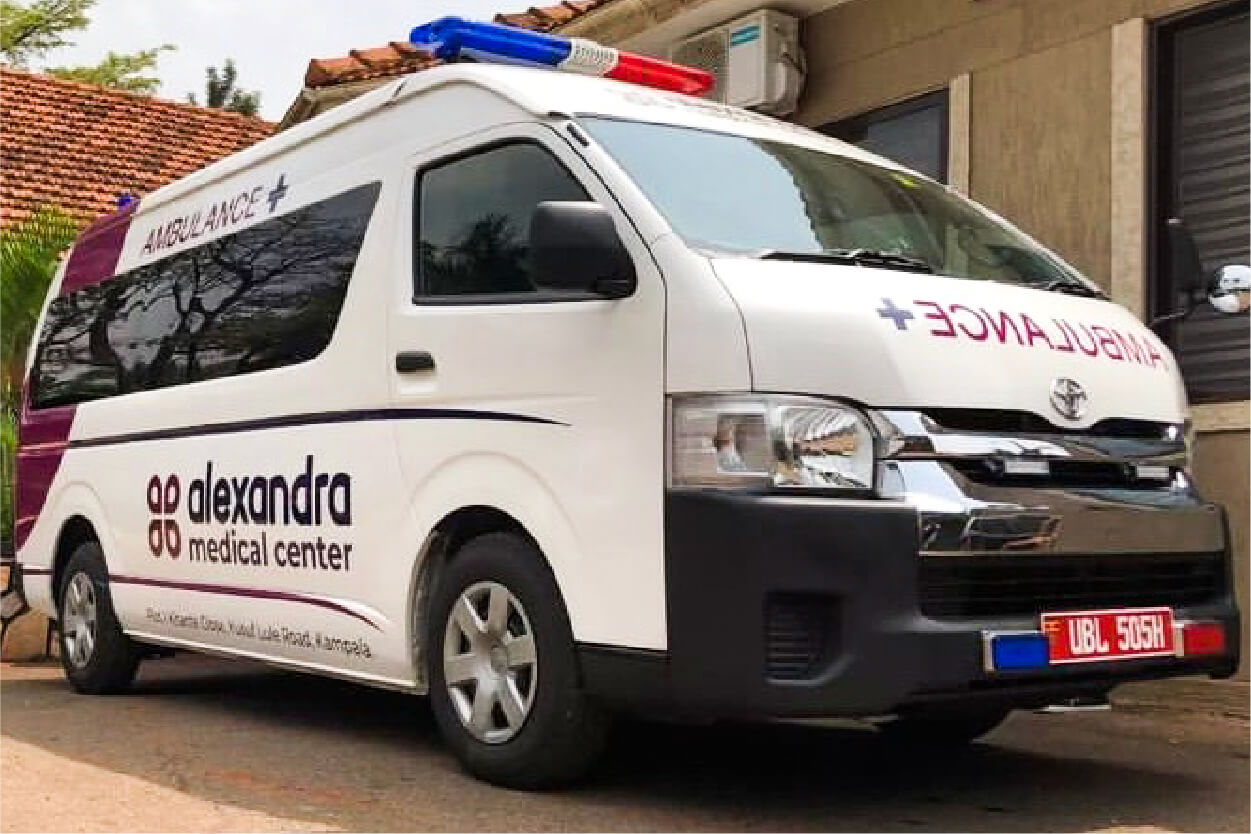
24 hour Serviced Ambulance
Our Packages
TRAVELER's WELLNESS CHECK
- Complete blood count
- Malaria RDT
- Typhoid Test
- HIV Screening
- Hepatitis B screening
- Urine analysis test
UGX 85,000
STI CHECK - BASIC
- HIV Screening
- Hepatitis B screening
- Syphillis test
- Urine analysis
UGX 60,000
PRE-EMPLOYMENT CHECK
- Consultation
- Complete blood count
- Random blood sugar
- Urinalysis
UGX 50,000
GENERAL CHECK UP- Basic
- Complete blood count
- Random blood sugar
- Urinalysis
- HIV Screening
UGX 50,000
DOMESTIC HELPER CHECK UP
- General Doctor consultation
- HIV Screening
- Hepatitis B screening
- Syphillis test
- Urine analysis
UGX 100,000
FOOD HANDLER CHECK UP
- TB Screening test
- Hepatitis B screening
- Hepatitis C screening
- Urine analysis
- Stool analysis
UGX 75,000
STI CHECK - EXTENDED
- HIV Screening
- Hepatitis B screening
- Syphillis test
- High vaginal swab wet prep
- Urine analysis
UGX 100,000
GENERAL CHECK UP (gold)
- General Doctor consultation
- Complete blood count
- Random blood sugar
- Syphillis test
- HIV testing
- Hepatitis B screening
- Urine test
- Blood group
- Stool analysis(microscopy and H.pylori Ag
UGX 170,000
GENERAL CHECK UP ( Platinum))
- General Doctor consultation
- Complete blood count
- Random blood sugar
- Syphillis test
- HIV testing
- Hepatitis B screening
- Urine test
- Stool analysis(microscopy and H.pylori Ag
- Kidney function tests
- Liver function tests
- Cholesterol
- levels(lipid profile)
- Abdominal scan
- Blood Grouping
UGX 380,000
ADDITIONS ACCORDING TO AGE AND SEX
- Pap smear (FOR LADIES) UGX 100,000
- PSA Total(for men above 45 years of age) UGX 80,000
PRE-MARITAL CHECK UPS
- Blood group
- HIV Testing
- Hepatitis B screening
- Syphillis testing
- Sickle Test (Hb Electrophoreis)
UGX 150,000 Per Person
MEDICAL CAMP TESTS
- HIV Testing
- Hepatitis B screening
- Blood pressure, Heart Rate
- Weight, hieght,
- BMI
UGX 25,000
BACK TO SCHOOL PACKAGE
- CBC
- Malaria – RDT
- Typhoid
- Urine Analysis and free pregnancy test for Girls
- Hepatitis B
- Signing of Doctor’s form
UGX 50,000
ANTENATAL TESTING
- CBC
- HIV
- Hepatitis B
- Syphilis
- Urinalysis
- Malaria RDT
- Blood Sugar Test
UGX 75,000
ANTENATAL CLASSES
Class One
- Packing mama kit
- Diet in pregnancy
- Exercise in pregnancy
- How to prepare for labour
- Signs of labour and when to call the hospital
Class two
- Different stages of labour
- Different birthing positions
- Relaxation and breathing skills to use during labour
- Early parenting
- Breast-feeding
- Newborn behavior
- Family planning
UGX 200,000
ANTENATAL PACKAGE
SERVICE
- CONSULTATION
- SCANS
- BLOOD GROUPING
- RANDOM BLOOD SUGAR
- HIV
- CBC
- HEPETITIS B
- URINALYSIS
- SYPHILIS
- OGTT
- MALARIA
- MABENDAZOLS
- TETANUS(nursing IM)
- FERROFOL
- ANTENATAL BOOKLET
- SICKLE TEST
UGX 920,000
Additional Partners Test
SERVICE
- HIV
- HEPETITIS B
- BLOOD GROUPING
- URINALYSIS
- SYPHILIS
UGX 62,000
DELIVERY PACKAGE
C-SECTION UGX 4,500,000
NORMAL DELIVERY UGX 2,500,000
The Package Covers:
- UNEPI Vaccination
- Specialist professional fees
- Newborn assessment (Pead)
- Nursing care
- Meals for mother
- Drugs and sundries
- Overnight admission: 2 days for normal delivery, 3 days for C-section
- Specialist review

